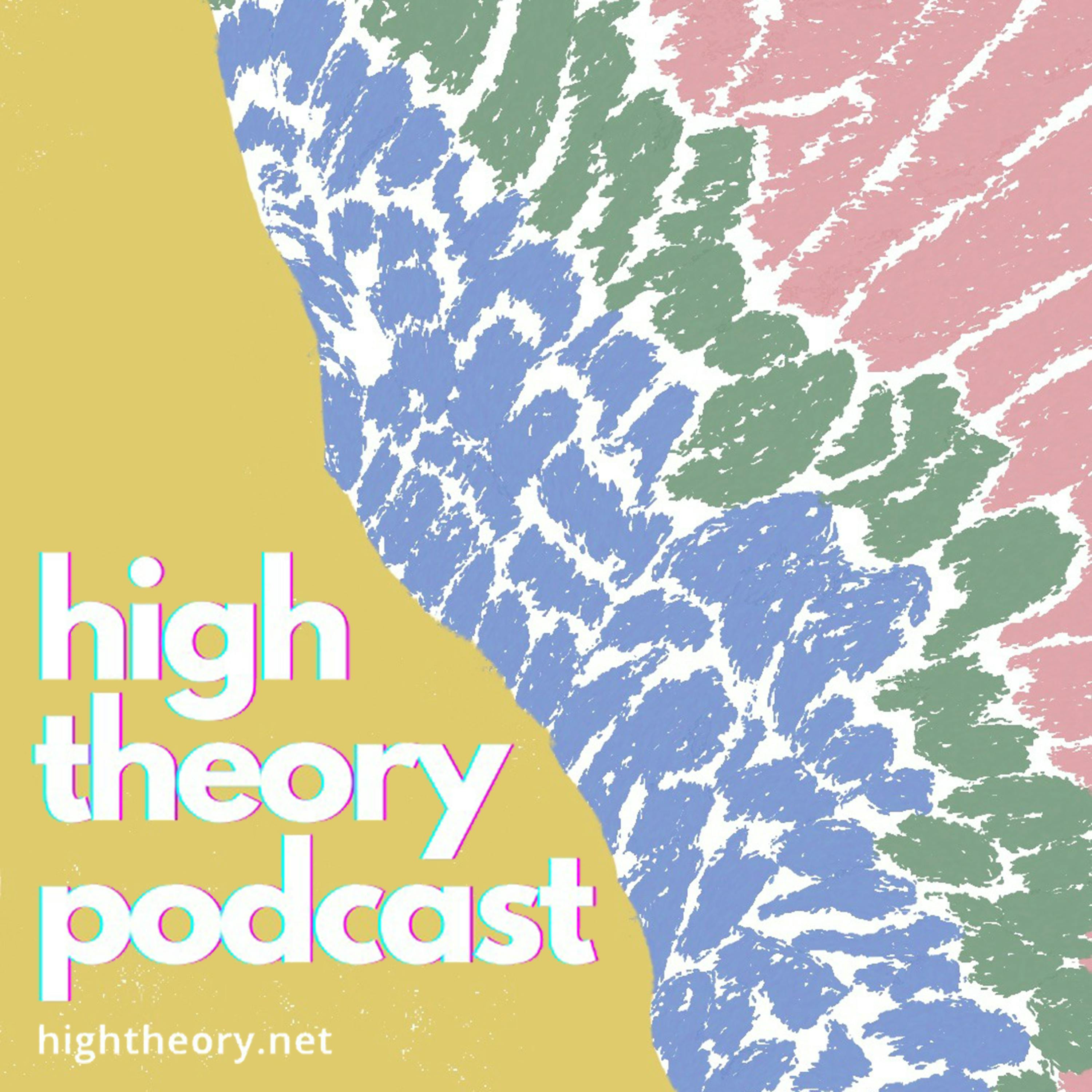Animals
Description
In this episode of High Theory, Mackenzie Cooley talks about animals. The animal lies at the center of science and the human, from imperial conquest and Enlightenment thought to the creatures on our dinner plates and beside us at the table. The practices of animal breeding and the politics of making life are, in Mackenzie’s account, key to understanding the history of race as a concept and term that emerged in the Early Modern World.
For more animal encounters, check out her book The Perfection of Nature: Animals, Breeding, and Race in the Renaissance (Chicago UP, 2022). In it, Italian horses and Mexican dogs provide examples of controlled breeding before eugenics, helping us see how human difference was understood in the colonial encounter, and illuminate undertheorized notions of generation and its discontents in the more-than-human world.
Tag dog and Bartolomé the cat sometimes participate in the making of High Theory, but the podcast is not necessarily pitched to non-human ears. If you want radio for animals, listen to Bad Animals on WFMU.
Mackenzie Cooley is Assistant Professor of History, Director of Latin American Studies at Hamilton College. She is an intellectual historian who studies the uses, abuses, and understandings of the natural world in early modern science and medicine. And she has two Newfoundland dogs.
The image accompanying this episode is a painting of a Newfoundland Dog by Charles Henry Schwanfelder (1812), from the collection of Temple Newsam House, Leeds Museums and Galleries.
Learn more about your ad choices. Visit megaphone.fm/adchoices
More Episodes
Published 04/08/24
We often misuse the word melodrama with abandon, especially to characterize other people’s behaviors, but Greg Vargo defines it for us once and for all. Emerging in the eighteenth and nineteenth centuries as the predominant Western theatrical form, it is a genre of crisis. To that end, it...
Published 03/25/24
In this episode of High Theory, Jonathan Kramnick talks about Close Reading. Contrary to the name, it is less a form of slow or focused reading than an immersive practice of writing. The classic methodology of New Criticism has become, in Kramnick’s estimation, the shared foundation of literary...
Published 03/02/24


